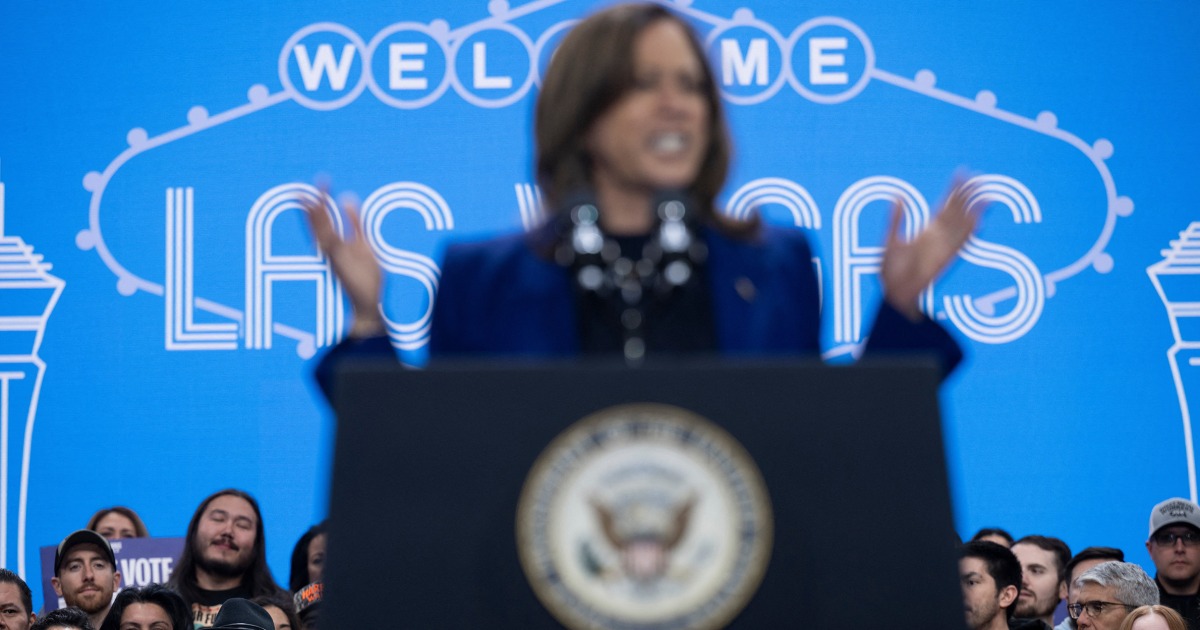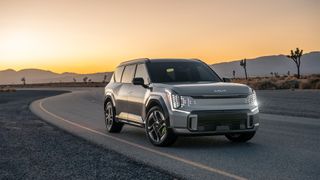Silicon Valley is bracing for a tech shake-up as Donald Trump heads back to the White House, promising to undo a host of Biden-era policies. With Elon Musk close to the new president, the tech world is gearing up for potential big shifts, especially with Musk’s influence likely affecting everything from electric vehicles to space tech. Trump’s take on artificial intelligence is already raising eyebrows.
He’s promised to scrap Joe Biden’s executive order that set safety guidelines for AI, accusing it of stifling innovation. Expect a friendlier approach to mergers and, perhaps, a complete rethink of how America handles its semiconductor industry. The Biden administration poured billions into boosting domestic chip production, but Trump has been sceptical about these government subsidies.
During his first term, Trump’s interactions with tech giants were a mixed bag. He had a rough relationship with Amazon’s Jeff Bezos but got on well with Apple’s Tim Cook. After leaving office, Trump even claimed Google was biased against him and criticised Meta for banning him from Facebook and Instagram after the January 6th Capitol riots.
With Musk as one of Trump’s biggest tech backers — reportedly spending over $130 million on Republican causes — the billionaire’s ventures like Tesla and SpaceX could see favourable treatment. Some industry players are worried that Musk’s competitors like OpenAI and Meta might find themselves at a disadvantage when it comes to contracts or government oversight. A plot twist in the TikTok drama Remember when Trump tried to ban TikTok during his first term? Well, he’s singing a different tune now.
Instead of pushing to shut down the app unless its Chinese owner, ByteDance, sells it, Trump seems to view TikTok as a thorn in Meta’s side. This new outlook comes just as a federal law, which could force a TikTok sale by January 19th, remains tied up in court. Recent surveys show Americans are less gung-ho about banning TikTok, with support for a ban dropping from 50 per cent in early 2023 to just 32 per cent by September.
Uncertain times ahead for the semicon industry Trump’s return could mean a bumpy road for the US semiconductor sector. Biden’s administration focused on huge investments to boost domestic chip production and imposed strict export controls to limit China’s tech growth. But Trump isn’t a fan of those subsidies, and he’s hinted that tariffs on foreign chipmakers might work better.
This stance has chip companies worried that existing funding from the 2022 Chips and Science Act could be revised. On the global stage, Trump plans to ramp up tariffs on Chinese exports, which may include older-generation chips. He might also tighten export controls on cutting-edge semiconductors, a policy that started under his first presidency and has been expanded by Biden.
Trump’s views on Taiwan, home to over 90 per cent of the world’s advanced chip manufacturing, are another wildcard. He’s previously accused Taiwan of “stealing” US semiconductor business and believes they should pay more for American security. Given the stakes — potentially a $10 trillion global economic hit if conflict erupts — there’s plenty to worry about.
A new direction for antitrust legislation Trump is set to replace Biden’s AI regulations, which focused on privacy and safety, with a policy centred on “AI development rooted in free speech.” Critics fear this could prioritise speed and deregulation over safety. Vice President-elect JD Vance, with his Silicon Valley background, is expected to influence AI policy heavily, arguing that strict regulations only empower big companies while stifling smaller startups.
Meanwhile, antitrust enforcement could see some changes. Trump’s administration is expected to replace Federal Trade Commission (FTC) Chair Lina Khan and appoint more business-friendly leaders. Cases against tech giants like Amazon might end in settlements, while efforts to regulate mergers could become more lenient.
Tech companies eyeing mergers, such as Qualcomm, have been waiting for a more favourable administration, and they may just get it. In short, Trump’s tech policies will have major ripple effects. From reshaping AI guidelines and loosening antitrust regulations to redefining US-China tech relations, there’s a lot to watch as Trump 2.
0 gets underway. Hold on tight — Silicon Valley is in for a wild ride..
Technology
What Trump 2.0 means for, US TikTok Ban, semicon industry and the US-China chip war
During his first term, Trump’s interactions with tech giants were a mixed bag. He had a rough relationship with Amazon’s Jeff Bezos but got on well with Apple’s Tim Cook. After leaving office, Trump claimed Google was biased against him and criticised Meta for banning him from its platforms














